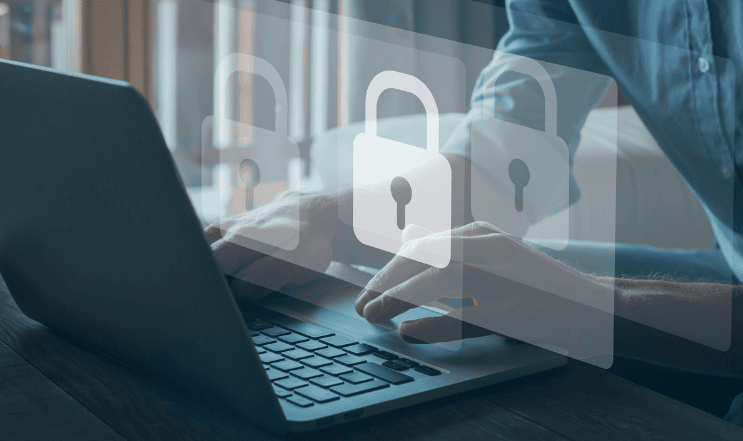With the growing need for secure online services, identity verification has become an essential part of many digital processes, including financial transactions, job applications, and online account creation. However, as more personal information is collected and shared, ensuring data protection and privacy in online identity verification is a top priority for both individuals and organisations.
Why Is Data Protection Important in Identity Verification?
Data protection ensures that personal information collected during the verification process is handled securely and lawfully. Identity verification often involves sensitive details such as passports, driving licences, or biometric data. Without proper safeguards, this information could be at risk of misuse, identity theft, or unauthorised access.
For UK businesses, compliance with the UK GDPR and Data Protection Act 2018 is mandatory. These regulations ensure that personal data is processed fairly, stored securely, and only used for its intended purpose.
How Is Privacy Maintained During Online Identity Verification?
Organisations implement various measures to protect user privacy during online identity checks, including:
-
Data encryption – Ensuring that personal information is transmitted securely.
-
Minimal data collection – Only gathering the necessary details to complete verification.
-
Secure storage – Storing data in compliance with regulatory standards and limiting access to authorised personnel.
-
Consent-based processing – Obtaining user consent before collecting or sharing data.
These measures reduce the risk of breaches while maintaining user trust.
What Are Your Rights as a User?
Under UK data protection laws, individuals have several rights regarding their personal data during online identity verification:
-
Right to be informed – Know how your data will be used.
-
Right to access – Request details of the data being held about you.
-
Right to rectification – Correct inaccurate information.
-
Right to erasure – Request deletion of your data when no longer needed.
It is essential to review the privacy policies of the platforms you use for identity verification.
Best Practices for Businesses
Businesses conducting online identity verification should:
-
Work with trusted verification providers like Verify Online.
-
Use advanced security technologies to protect user data.
-
Ensure compliance with data protection regulations.
-
Train employees on privacy policies and secure data handling.
Failing to protect customer data not only risks breaches but can also lead to reputational damage and legal consequences.
Final Thoughts
Data protection and privacy in online identity verification are essential to maintaining trust in digital services. By understanding your rights as a user and choosing responsible verification services, you can ensure your personal data is handled safely.
For businesses, adopting secure practices and following UK data protection regulations is key to safeguarding both users and your reputation.









